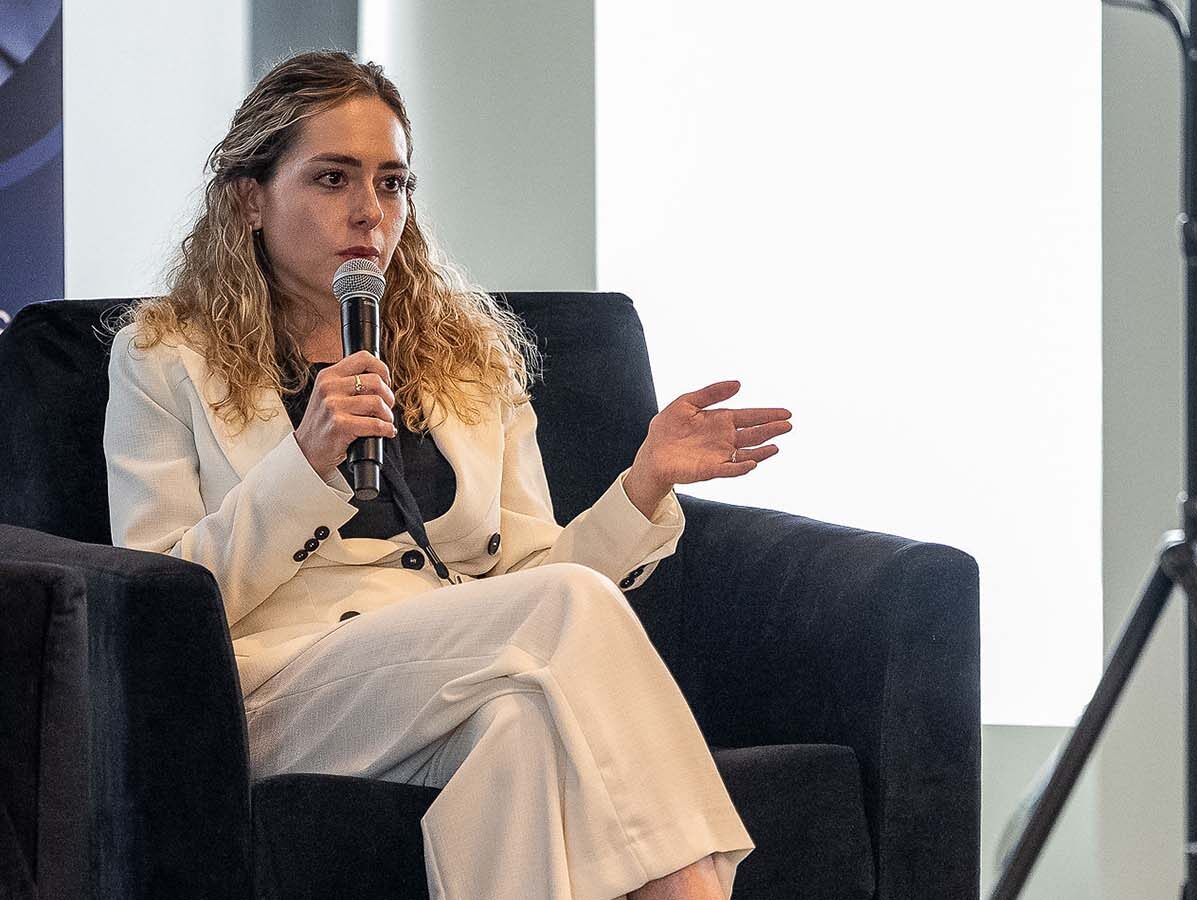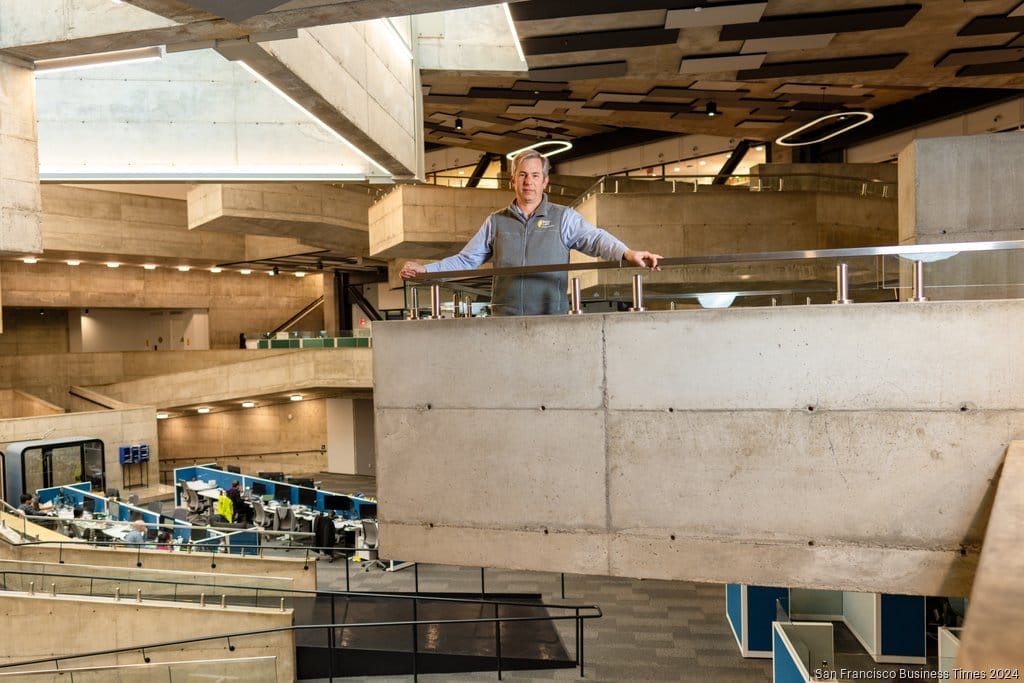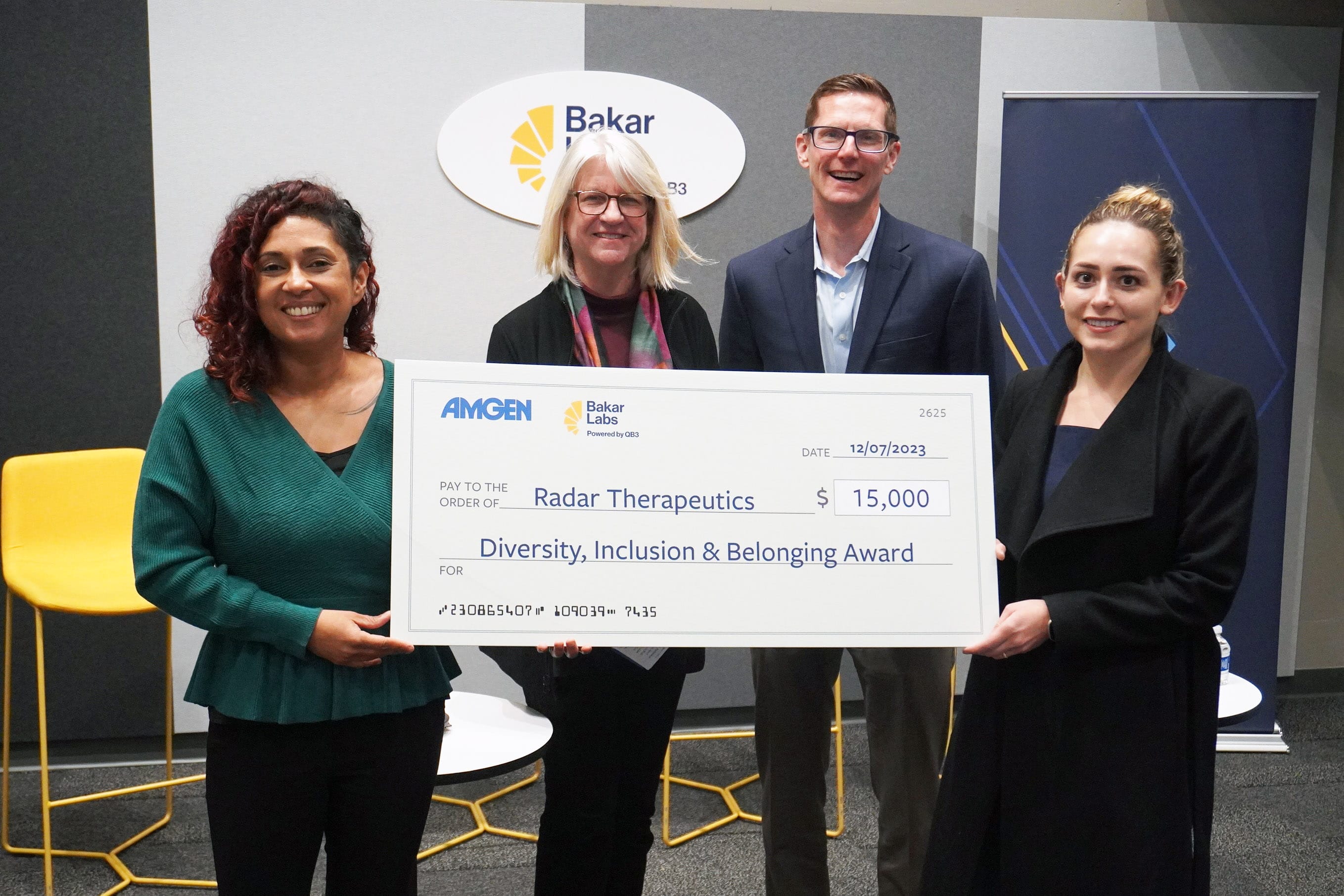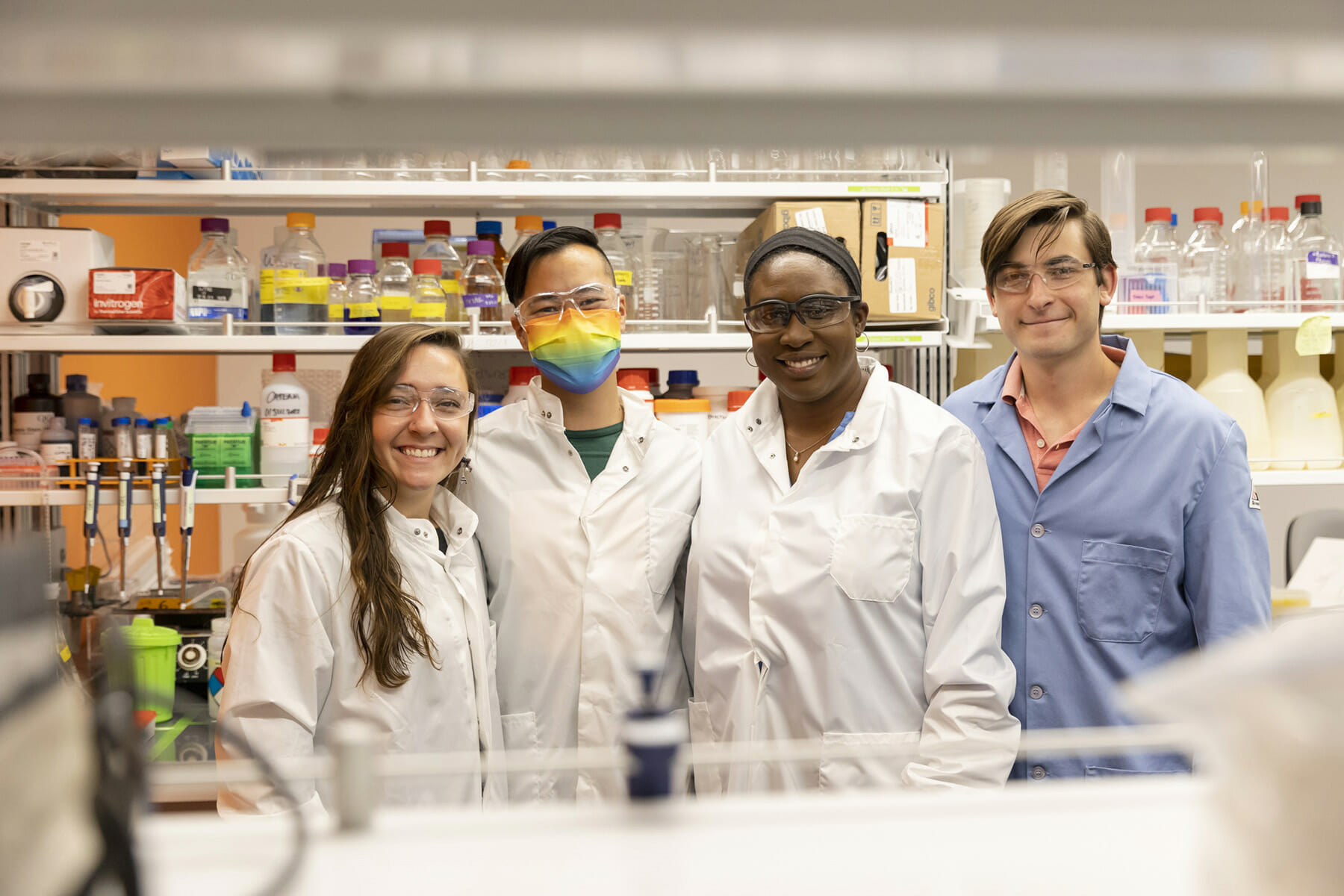Health care, biotech startups chase AI ‘superpowers’
By Sara Bloomberg at the San Francisco Business Times
Health care and biotech startups are chasing the potential “superpowers” of artificial intelligence for applications as varied as novel protein development, clinical trials and patient records.
“There’s an opportunity here for just everyone — I think both us building products and folks consuming them from healthcare — to have new superpowers,” Abridge CTO Zack Lipton said on Thursday. “I think it’s on all of us to keep our eyes and ears open and recognize that we’re in a moment of, like, incredible change with incredible possibility.”
Lipton made the comments during the Intersect 2025: AI-Health Care Symposium, an event presented by the San Francisco Business Times, Silicon Valley Business Journal and Sacramento Business Journal.
He was joined on a panel by two other Bay Area executives: VeriSIM Life CEO Jo Varshney and Profluent Bio CEO Ali Madani. They discussed advancements in AI for the health care industry.
Abridge collects and analyzes audio transcriptions from patient visits and generates notes to help clinicians cut down on manual documentation. The company was founded in Pittsburgh and recently started shifting most of its hiring to a new San Francisco office.
Also based in San Francisco, VeriSIM Life creates digital twins to safely speed up clinical trials and make them more effective.
And Berkeley-based Profluent Bio is developing new techniques to discover novel proteins for therapeutics, agriculture and other sectors.
When it comes to running clinical trials, AI has the potential to make them more successful while driving down the cost of failing — an inevitable and necessary part of the process.
“The failures are going to hurt less” and the successful trials will become more common over the next five years, Varshney said. “They’re going to be much faster and more efficient. And that’s really positive for all of us in general, because that drives innovation and drives learning from the mistakes faster.”
Drug discovery will also accelerate over the next several years.
“Scientists are changing and really … revolutionizing the workflows that they use for drug discovery and using AI. This is not just hype,” Madani said. “I think in less than five years, at least, all the large molecule solutions (and) drugs that are developed are going to be designed by AI.”
One major challenge the industry is facing across the board is broad uncertainty stemming from the Trump administration instigating a global trade war.
As a software provider, Abridge isn’t directly affected by tariffs but could face indirect impacts as semiconductor costs increase and the regulatory environment changes.
“As we have the bodies that used to regulate, for example, medical coding and medical devices are brought under a single house — how will that change future regulation? I think that there’s a lot of pieces moving on the chess board,” Lipton said.
“Our outlook here is to be dialed in, to maintain some clear picture of anything that is taking place in terms of how the space is evolving at the federal level, and at the same time, to just be heads down and focused on building the best possible products for our customers,” Lipton continued.
VeriSIM is keeping its operations lean, and another strategy amid regulatory change could be to look for opportunities to conduct clinical trials outside of the U.S.
“Whatever you’re reading in the news is real. There are some serious ramifications coming in the next decade. We need to get smart, and we need to get strategic. And the smart and strategic aspect is there are trials you can do outside the country” and then take those results to U.S. regulators, Varshney said. “We want to make sure that the innovation doesn’t get hampered in this critical time.”
Earlier-stage startups are also insulated from some, but not all, of the market and supply chain volatility now compounded by tariffs.
A lot of materials used in biotech have become increasingly sourced from China because of lower costs and fewer regulatory constraints, Madani said.
The IPO freeze will have a greater impact on later stage startups.
“We’re not focused on that,” Madani said. “We’re focused on building and designing great molecules that will cure disease and solve problems in agriculture.”
In a separate keynote speech on Thursday, C3.ai CEO Tom Siebel noted that the health care industry will be the largest market for AI innovation.
“By far the biggest opportunity for AI is going to be precision health – hard stop,” Siebel said.





